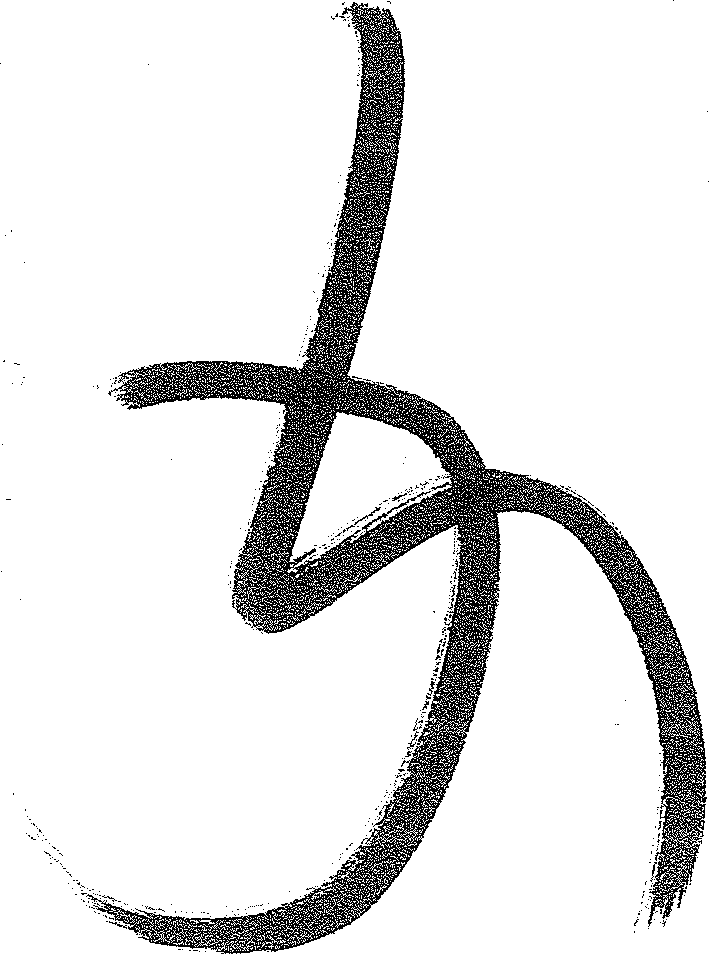Schlagschatten 2006
How does one deal with the blows one receives? Especially with blows dealt by 'history'? (to put it less generally, those blows are of course dealt by specific people in specific situations - especially by those with governmental power, who are often enough initiators of decisions for war, for thinking and acting in terms of annihilation.)
Hannah Arendt has spent her whole life considering the unprecedented blow that forced her to emigrate and killed millions of humans. In "Eichmann in Jerusalem" she lays bare a new type of mass murderer, whose monstrosity is in exactly in his normalcy, his carreerism, and his conformity. But she also shows how the prosecution in Jerusalem, partly due to incompetence, partly for political reasons, was unable to render justice to the dimensions of the crime. With the incorruptible independence of her assessment and her judgement, she hazards hostility of the Jewish establiment as much as with her reference to the tragic role played by the Nazi-appointed Jewish Councils in the destruction of their people. And not least, she traces the events in the occupied countries and shows how, with the respective attitude of the inhabitants (as in Denmark or Bulgaria) it was indeed possible to throw a spanner in the works of the killing machine.
The blows dealt by certain men in power today can be, compared to this, called "normal". The business as usual of power politics: if you don't do what I want, I'll give you war. Wars of aggression are embellished as liberation; the term democracy has to double as smoke screnn for imperialistic interests. Those powerful to spurn international law do not have to fear anything. Only small tyrants need to worry. The big ones can exert the rule of force without limits.
Such blows do not just hit those who are killed, displaced, or robbed of their livelihoods. They also hit all those who stand for a different handling of conflicts than their "resolution" by war and who do not want to, as the warlords and commanders-in-chief do, by the rhetoric on terrorism avoid talking about causes. They also always hit art, which cannot exist without exchange and understanding.
This piece deals with blows and with that which happens in their shadows. It is a kind of musical study of live in that shadow; of what moves in it, freezes, returns, or shifts. Of the most varied forces, in a musical space. This music does not want to depict or ostensibly protest, but find closure. An attempt at digesting, so to speak, on the fringes of the current blows of global politics. In a completely different language than that of Hannah Arendt, in a totally different mode, but with what seems a kindred perspective to me. In her preface to "Men in dark times" she speaks of an "uncertain, flickering, and often weak light" from which illumination may come more than from theories and concepts. Music may be such a flickering light.
Schlagschatten is due to the initiative and was developed in collaboration with Margit Kern on the occasion of Hannah Arendt's 100th birthday, and commissioned by Deutschlandfunk.
Margit Kern, accordion; Joachim Heintz, electronics
